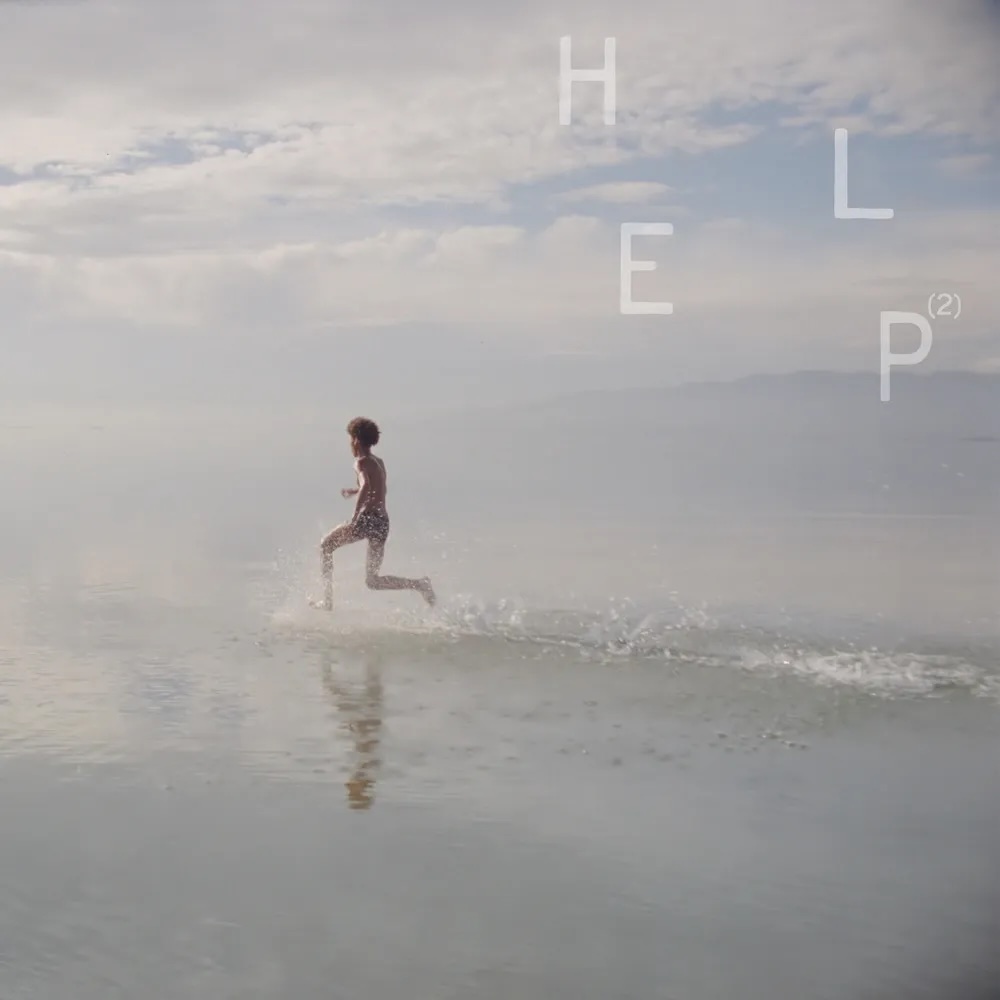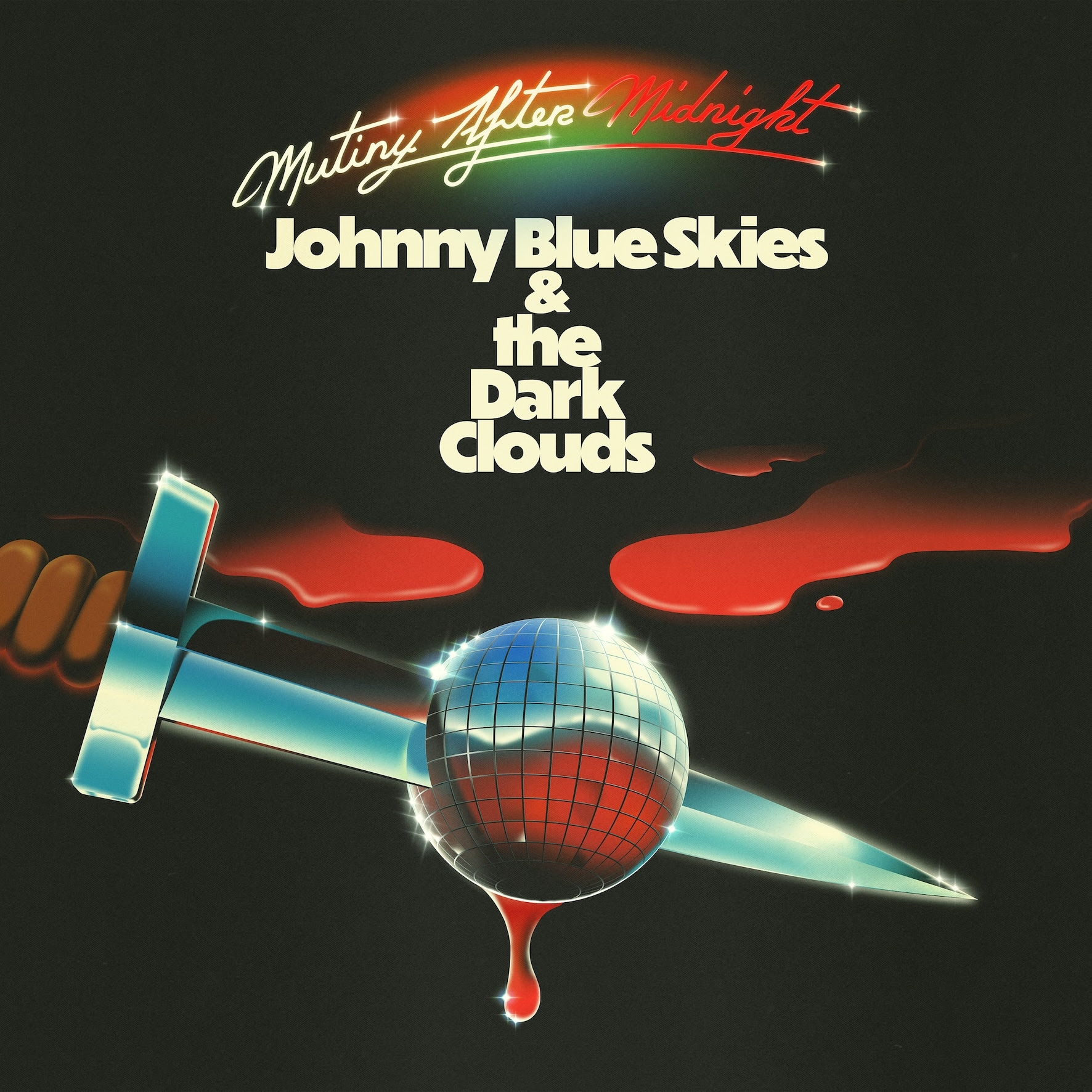Quiet Is The New Loud wasn't just the name of Kings Of Convenience's first proper album -- it crystalized their vision and aesthetic. The Norwegian duo of Erlend Øye and Eirik Glambek Bøe ushered indie-folk into the 21st century by combining nylon and steel string acoustic guitars, solemn vocals and occasional orchestral flourishes: a solitary trumpet ("Singing Softly To Me"), strident cello ("Failure"), twinkling piano ("Summer On The Westhill"). In the hands of other musicians, this stripped-down approach could sound anemic or twee. However, Quiet Is The New Loud is robust and inviting.
Credit for that goes to Kings Of Convenience's honeyed guitar tone and precise technique; there's not an extraneous chord or note to be heard. Although the group was initially compared to Simon & Garfunkel around Quiet Is The New Loud's release -- 20 years ago this Saturday in the US, following a January 2001 release in Europe and the UK -- their sound is warmer and more collaborative. Øye and Bøe are empathetic vocalists who play off each other like gently bantering friends; on "Leaning Against The Wall" their voices intersect like intricate latticework.
The album was also co-engineered by Ken Nelson, who was pivotal in shaping some of the most resonant indie-folk of the Y2K era: He produced and engineered Coldplay's 2000 debut, Parachutes, and also helped mix six tracks on Badly Drawn Boy's The Hour Of Bewilderbeast. Quiet Is The New Loud is more intimate and cozier than those releases, an album you'd throw on during a cold winter's night for comfort, like a wool blanket. In fact, much of the time, Øye and Bøe sound like they're in the same room as listeners, providing solace that warms the heart -- "The Girl From Back Then" even begins with the sound of someone coughing and a question ("We're rolling?") that exudes an in-the-studio vibe.
Yet Quiet Is The New Loud is no sloppy collection of demos. Both Øye and Bøe brought a meticulous eye to the music that points to their self-confidence. "It takes a long time for us to write the songs so that the bad ideas are left behind at the beginning of the process," Bøe said in 2005. "Once we have finished the song, it is destined for release." Added Øye: "Our criticism within the band is so strong. Basically, if we are happy with the lyrics of the song, it will be released at some point because we know it is only a matter of tossing the melody around and the arrangement around, and it will sound good."
In many ways, Quiet Is The New Loud was the logical culmination of the hushed indie-folk popularized in the late '90s by artists such as Belle & Sebastian and Elliott Smith. But by early 2001, both acts had started moving away from this signature sound. In 2000, Smith released the lush, polished Figure 8, while Belle & Sebastian started issuing a string of singles -- including the kicky, beach-blanket pop gem "Legal Man" -- that hewed closer to '60s mod-rock and surf-rock. If anything, by 2001 musical minimalism had evolved to encompass both band configurations (the White Stripes) and musical approaches (the Strokes).
Kings Of Convenience drew on these seemingly disparate trends for Quiet Is The New Loud, perhaps because of their background. The duo initially cut their teeth playing together in the Norwegian band Skog, which released a 1996 EP, Tom Tids Tale, inspired by noisy post-rock and the thrumming gloom of bands such as the Cure. Skog also recorded a smoldering take on Joy Division's "The Eternal" for a tribute album; the song also later appeared in 2001 as a Kings Of Convenience B-side. That wasn't the only '80s song the group tackled: An acoustic take on a-ha's 1986 song "Manhattan Skyline" was another Quiet Is The New Loud-era bonus track.
Both covers were piercing. The group reimagined "The Eternal" as lo-fi indie rock, paring the song down to spare guitars and sorrow-filled vocals, and only an occasional electric roar. "Manhattan Skyline," meanwhile, jettisoned the epic, synth-rock scope of a-ha's original in favor of something more wistful; the resulting song is akin to pining for a place you long to visit (or revisit) because it's so meaningful.
These covers also embody why Quiet Is The New Loud was so successful: Kings Of Convenience excelled at zeroing in on the emotional core of a song. Accordingly, the album's lyrics focus on tiny pivotal moments that open up greater truths — the kind of sudden revelations that flip a switch and change your perspective. The narrator of "I Don’t Know What I Can Save You From" sees their ex in a completely new light after some time away ("I realized that the one you were before / Had changed into somebody for whom I wouldn't mind to put the kettle on"), while the main character of "Leaning Against The Wall" is devastated after hearing hard personal truths from someone about whom he cares ("Your eyes are cold / I know you'll tell me all / Not to fall / I lean against the wall"). And on "The Weight Of My Words," the protagonist discovers they've lost their sense of self after a relationship fizzles out: "All the time I sacrificed myself to make you want me / Has made you haunt me."
While it's probably safe to assume "The Weight Of My Words" refers to a romantic relationship, it's not explicitly worded as a breakup song. That tendency toward broad strokes is another one of Quiet Is The New Loud's charms, as other songs on the album offer offbeat anecdotes to illuminate life lessons. The narrator of "The Passenger" is frightened by an unexpected visitor, which opens up mysterious talk of banding together to "work out who the enemy is." The protagonist of "Failure" uses a newspaper to cover his pants after getting caught in the rain, leading to wet trousers, ruminations on the meaning of failure and a daydream about brighter days. And "Winning A Battle, Losing The War" features someone stuck in a painful cycle of codependency ("The sun sets on the war / The day breaks and everything is new").
Quiet Is The New Loud was critically acclaimed and a commercial success in Norway (it topped the charts) and in the U.K., where it's been certified silver. Later in 2001, Øye would appear as a guest on Röyksopp's bubbling electro hit "Poor Leno" from their album Melody A.M., kicking off a parallel career in dance music that led to appearances on a Dntel remix of "(This Is) The Dream Of Evan And Chan" and his own project, the Whitest Boy Alive.
But Kings Of Convenience had an even bigger impact: Quiet Is The New Loud became the anchor of a new indie-folk movement that also included acts such as Turin Brakes and I Am Kloot. In the US, records by acts such as Beck (Sea Change), Iron & Wine (The Creek Drank The Cradle), and the Decemberists (Castaways And Cutouts) also benefitted from this trend. By that time further permutations of the sound were arising in nearby Sweden, with artists such as José González and the Tallest Man On Earth helping to cement Scandinavia's reputation as a hub for this sound. Quiet Is The New Loud was a rallying cry that spoke volumes—and reverberated around the world.






